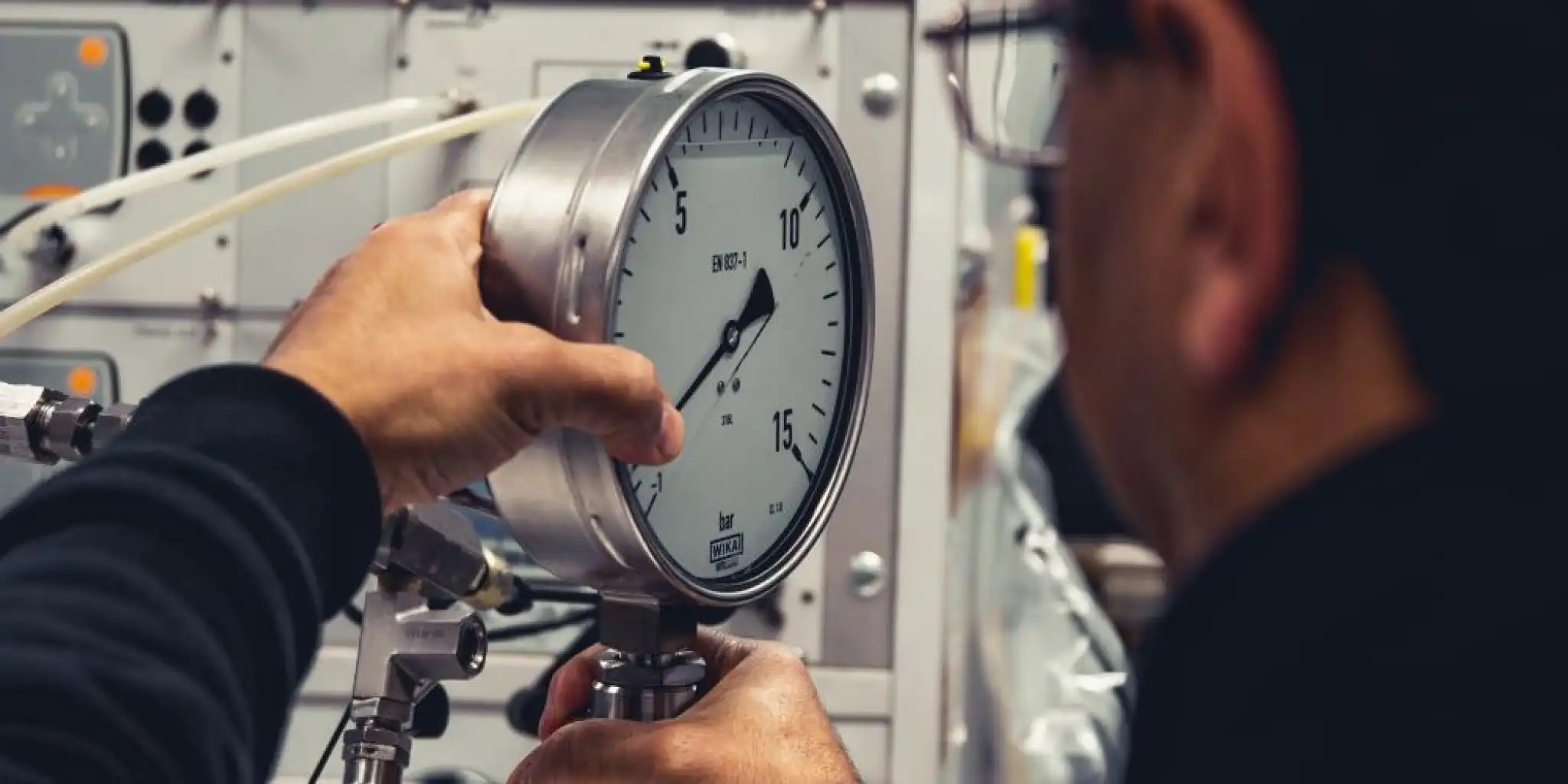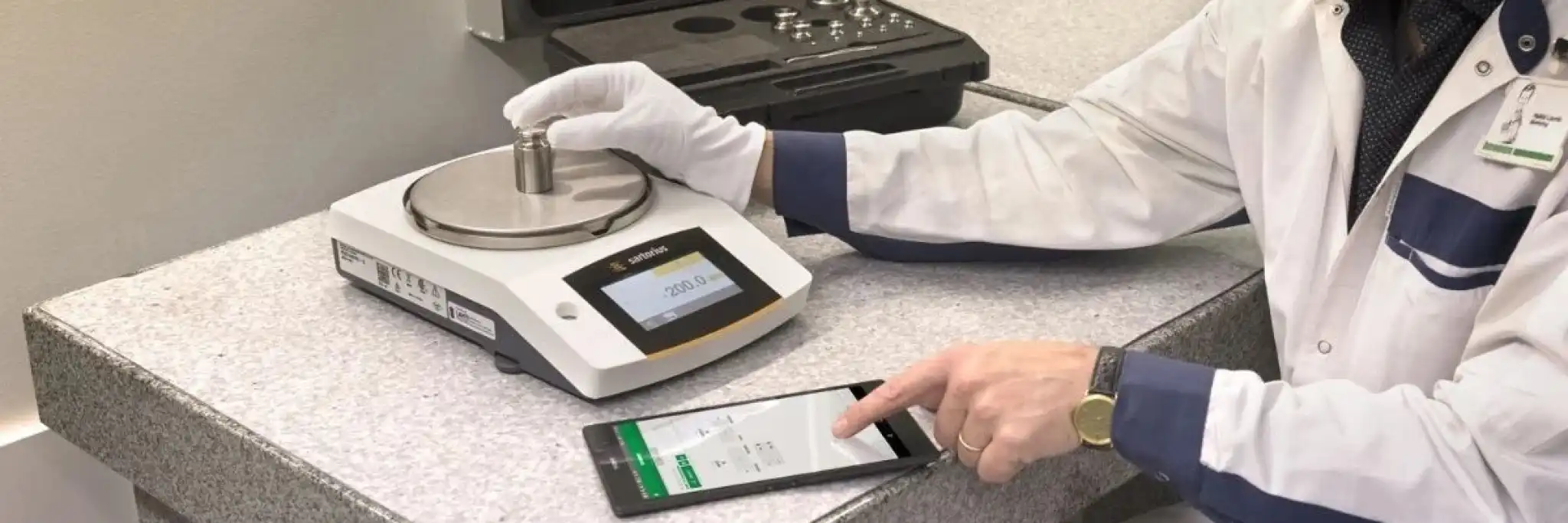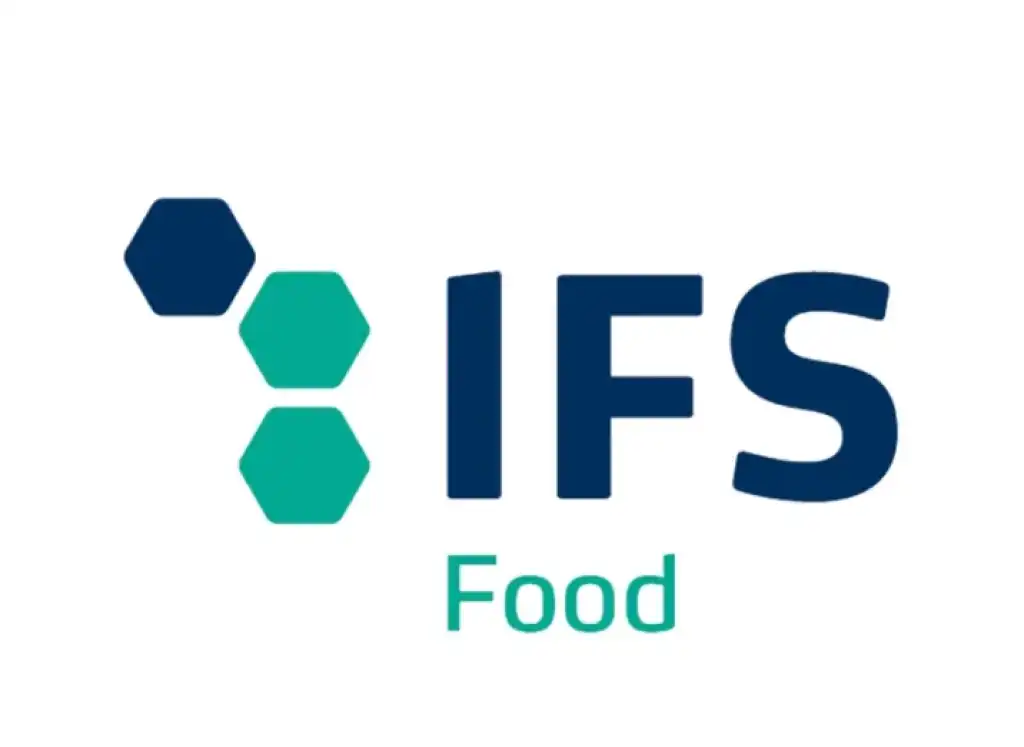Reliability and Accuracy of Measuring Instruments: the Importance of Calibration and Adjustment – Penalties for Non-Compliance

Accuracy and Reliability
The concepts of accuracy and reliability play a key role in achieving quality results in line with the expectations of companies and consumers. The nature and quality of the instruments available determine the ability to operate effectively. For this reason, it is wise to rely on safe and advanced technologies.
This is where calibration and adjustment come into play—terms often used as synonyms but distinct in metrology, the science that defines methods to measure a physical quantity and establish units of measurement.
The need for common standards led in 1875 to the signing of the Metre Convention and the adoption of the International System of Units, which Italy also joined.

Differences Between Calibration and Adjustment
Calibration uses a reference standard as an “ambassador” of metrological rules to compare results and assess whether an instrument is properly set, identifying any inaccuracies.
Adjustment takes place when it is necessary to correct the detected error. For example, a scale is realigned to eliminate deviations from reference values.
In the food sector, subjecting instruments to certified calibration is crucial. UNI 10127-2 recommends intervals not exceeding 3 years, although the actual frequency depends on factors such as instrument type, environmental conditions, and frequency of use.

Risks and Consequences
Failure to calibrate and adjust instruments entails both management and legal risks. From a management perspective, non-compliant products cause waste. A 2008 Nielsen survey reported average annual losses of $2 million due to calculation errors.
From a legal perspective, fraud related to product weight can lead to fines ranging from €103 to €2,065, and even imprisonment of up to two years. Errors in measuring cooking temperatures can harm consumers, with legal consequences and even business closure orders.
In both cases, the company’s image also suffers significant damage.
Conclusion
To avoid damaging scenarios, it is essential to rely on partners that provide safe and certified services. GoodFood Consulting supports companies with seriousness, professionalism, and constant commitment to growth.
Carmine F. Milone
Food Technologist


